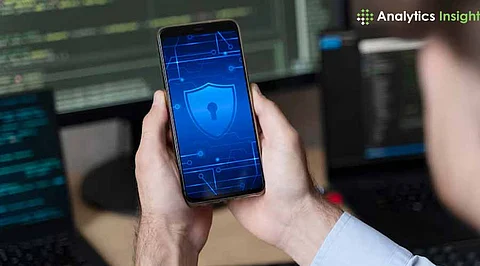

Securing one's online presence is becoming more and more important in a time when data theft, privacy violations, and internet surveillance are all growing frequently. Among the best solutions for ensuring a private and secure internet browsing experience is a virtual private network, or VPN.
For everyone who uses the internet, from casual users to IT enthusiasts, VPNs offer an easy way to browse safely, stay anonymous, and access information that is blocked. This article delves into the fundamentals of virtual private networks (VPNs) and provides advice on how to use them wisely for safe online browsing.
A Virtual Private Network, or VPN, is a service that hides your IP address and your online activity from prying eyes by encrypting your internet connection and routing it through a secure server. Your internet traffic is encrypted while you are connected to a VPN, making it impossible for hackers, ISPs, or even government organizations to intercept or monitor your activity.
The first step is to select a VPN service provider. As of right now, a good number of goods fall into the category of top VPNs. They all offer activity-specific capabilities, though, even if they all encrypt your traffic and alter your virtual location. Thus, the crucial query is, which one is best suited to your requirements? In this situation, you must determine your VPN needs in detail.
Once you know the answer, choosing the best VPN will be simple as you compare its features, speeds, unblocking capabilities, and security measures. For instance, a VPN for streaming needs to have a large server fleet, fast speeds, and the ability to unblock the majority of well-known streaming services.
Before using the VPN services, you must buy a subscription plan from the VPN service provider you have selected. Based on the length of the subscription, one month, one year, or two years, the majority of providers provide a variety of plans.
It’s advisable to choose the longer memberships if you want the greatest deals. The largest discounts are typically found in 2-year subscriptions, allowing you to obtain premium VPN services without breaking the bank. However, alternative payment options including PayPal, Google Pay, AmazonPay, UnionPay, WebMoney, GiroPay, and others are supported by certain VPN providers, nevertheless. Some even take cryptocurrencies like Ethereum or Bitcoin.
Once the payment and registration procedures are completed, you may proceed to download the VPN program onto your device. Download the program specifically for Mac or Windows from the official VPN website to use it on your computer. Use the Apple App Store for iOS devices or the Google Play Store for Android smartphones if that's the case. Furthermore, a few VPN service providers offer browser plugins for Edge, Opera, Firefox, Chrome, and Firefox. The official website of the VPN provider of your choice is another place you may get the VPN extension.
Just launch the VPN program after downloading it or adding an extension, then enter your email address and password to log in.
Connecting to a VPN server comes next after logging in. The "Auto Connect" or "Quick Connect" buttons on the majority of VPN software will connect you to the server that is closest to your actual location for optimal performance.
Select a server manually in the nation you want to view content from if you want to get around geo-restrictions. For instance, connect to a U.S. server on Netflix to view content that is exclusive to the country.
Once connected, your internet traffic is encrypted and secure. You can now browse the internet, access restricted content, and conduct online transactions with peace of mind.
Always ensure your VPN connection is active, especially when using public Wi-Fi or engaging in sensitive activities like online banking.
Using a VPN is now essential in the modern digital age, as online security and privacy are always in danger. VPNs provide an easy-to-use yet incredibly powerful solution for data protection, anonymity, and unrestricted internet access. VPNs assist in protecting your personal information from hackers, ISPs, and other organizations trying to track your online activity by encrypting your connection and hiding your IP address.
A VPN gives you the tools you need for a safe online experience, whether you're streaming video from banned locations, browsing on public Wi-Fi, or just looking for more privacy. You may regain control over your online privacy and benefit from a safer internet by selecting a reputable VPN provider, according to recommended guidelines.
